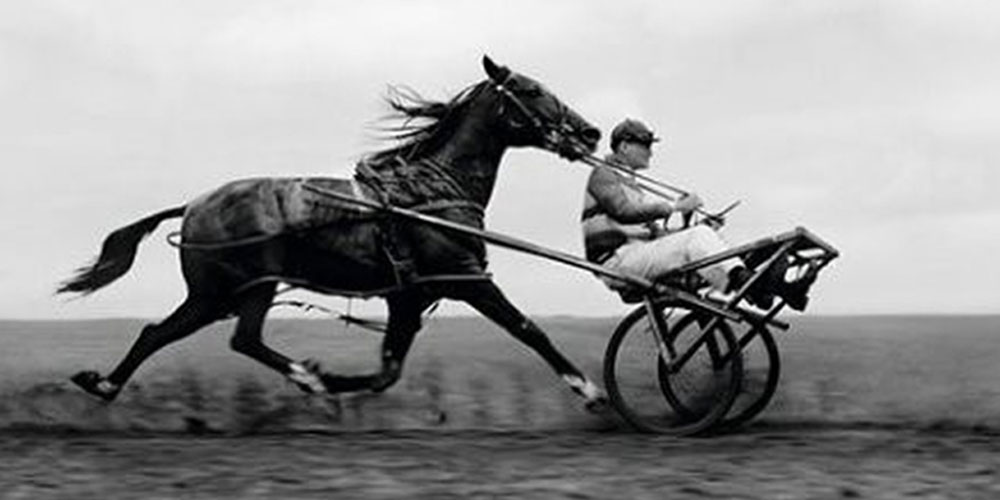In 1997, when his stock price was under $2.00 and fully 23 years before his stock rose above $3000, Jeff Bezos, declared:
When forced to choose between optimizing the appearance of our GAAP accounting and maximizing the present value of future cash flows, we’ll take the cash flows. We will share our strategic thought processes with you when we make bold choices (to the extent competitive pressures allow), so that you may evaluate for yourselves whether we are making rational long-term leadership investments. – Jeff Bezos, Founder, CEO, President, Amazon
Here’s an intuitive explanation of what he is saying about accounting and value:
To understand Bezos’s declaration, think of business activities as a three-layer cake:
- On the top layer is Economics. This is where two parties exchange products or services. Let’s call the exchange a transaction. This is the essence of Value Creation. Notice value is created because each party now has something each considers more valuable than the thing they gave up. At this point, numbers, finance, and accounting are not needed for Value to be created!
- Think of Good Economics as Value Creating transactions and Bad Economics as Value Destroying transactions.
- The next layer down is Finance. Here’s where someone assigns a monetary number to the things exchanged in the transaction.
- On the bottom layer is Accounting. These are rules for how the monetary numbers are summarized and disclosed to interested parties. Think about these disclosures as providing Good News or Bad News about the value of the company.
- Notice how Accounting and Finance come after the Economics – after the Value is created.
So, using this terminology and context, here’s the intuition behind Bezos’s declaration:
- We don’t create Value by managing the Numbers (from Finance and Accounting). We create Value by managing Good Economics.
- Good Economics come first! The only way to get Good News accounting in the long run is to deliver Good Economics.
- Good Economics might temporarily lead to Bad News accounting. For instance, investing now reduces current profit.
- But investment, if done wisely, increases future profit more than it decreases current profit, so the future Good News accounting more than offsets the short-term Bad News accounting. Bezos says he will choose the Economics over the Accounting.
- Besides, if the company has a good reputation, as Amazon does, for making value creating investment, analysts and investors will discount the short-term Bad News accounting and anticipate the long-term future Good News accounting.
- Bad Economics eventually leads to Bad News accounting!
- Yes, sometimes Bad Economics might lead temporarily to lead to Good News accounting. For instance, discounting to pull next quarter sales into the current quarter increases current quarter sales.
- But Bad Economics always eventually catches up to you. Pulling in sales will decrease the next quarter profit by more than it increases current quarter sales.
So like Jeff Bezos, don’t put your Accounting “Cart” before your Value “Horse”!





